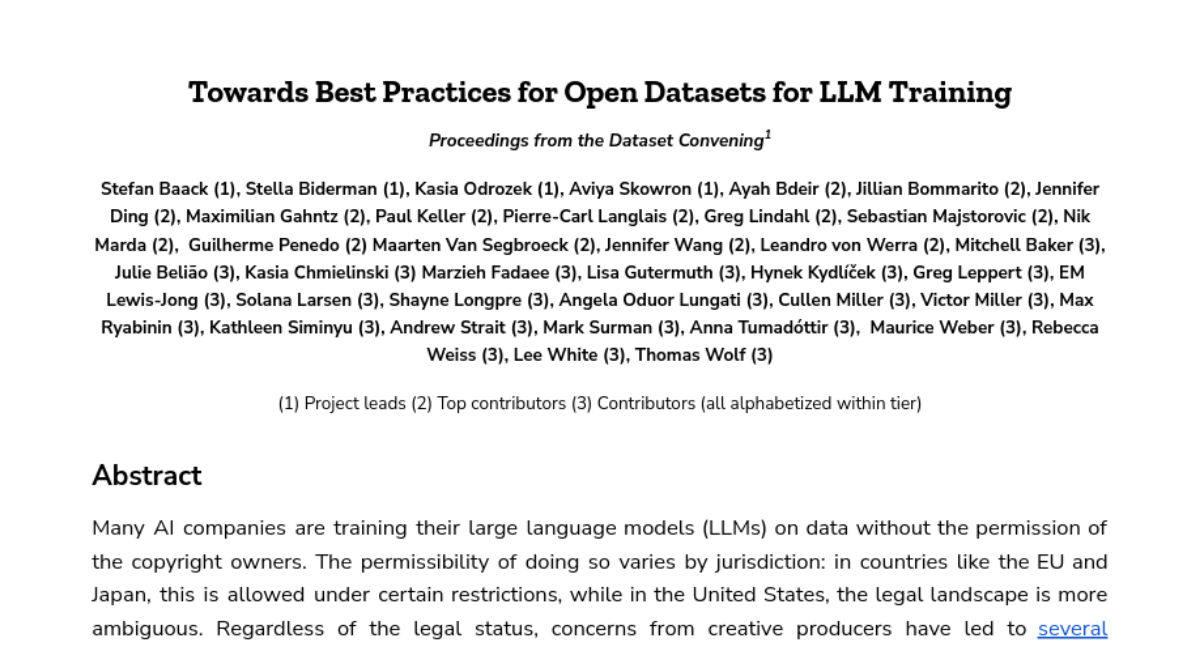Post
2903
We release today our first foundation model and experiment with a new category: specialized pre-training.
OCRonos-Vintage is a 124m parameters model trained end-to-end by Pleias on llm.c from 18 billion tokens from cultural heritage archives. Despite its small size it achieve nearly state of the art results for OCR correction of historical English sources. OCRonos-Vintage is also an historical model with an unusual cut-off date: December 29th, 1955…
We look forward to replicate this approach very soon on other "hard" tasks commonly associated with generalist LLMs/SLMs: RAG, function calling, summarization, document segmentation…
OCRonos-Vintage: PleIAs/OCRonos-Vintage
CPU Demo: PleIAs/OCRonos-Vintage-CPU
GPU Demo: PleIAs/OCRonos-Vintage-GPU
Our annoncement and call for specialized pre-training: https://huggingface.co/blog/Pclanglais/specialized-pre-training
OCRonos-Vintage is a 124m parameters model trained end-to-end by Pleias on llm.c from 18 billion tokens from cultural heritage archives. Despite its small size it achieve nearly state of the art results for OCR correction of historical English sources. OCRonos-Vintage is also an historical model with an unusual cut-off date: December 29th, 1955…
We look forward to replicate this approach very soon on other "hard" tasks commonly associated with generalist LLMs/SLMs: RAG, function calling, summarization, document segmentation…
OCRonos-Vintage: PleIAs/OCRonos-Vintage
CPU Demo: PleIAs/OCRonos-Vintage-CPU
GPU Demo: PleIAs/OCRonos-Vintage-GPU
Our annoncement and call for specialized pre-training: https://huggingface.co/blog/Pclanglais/specialized-pre-training
